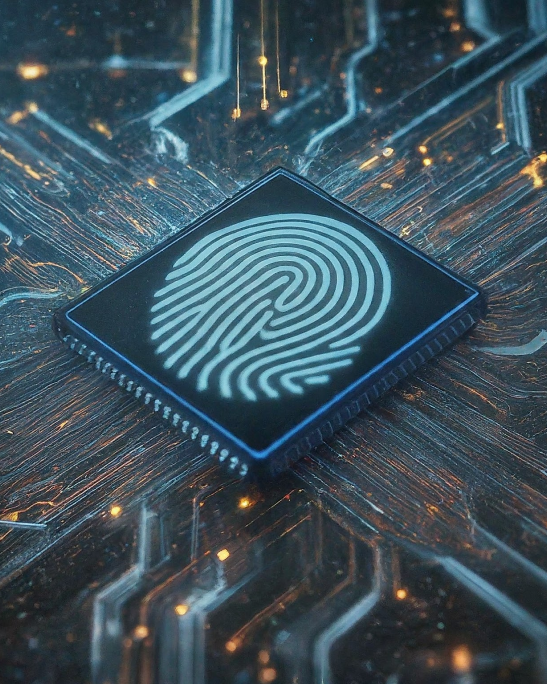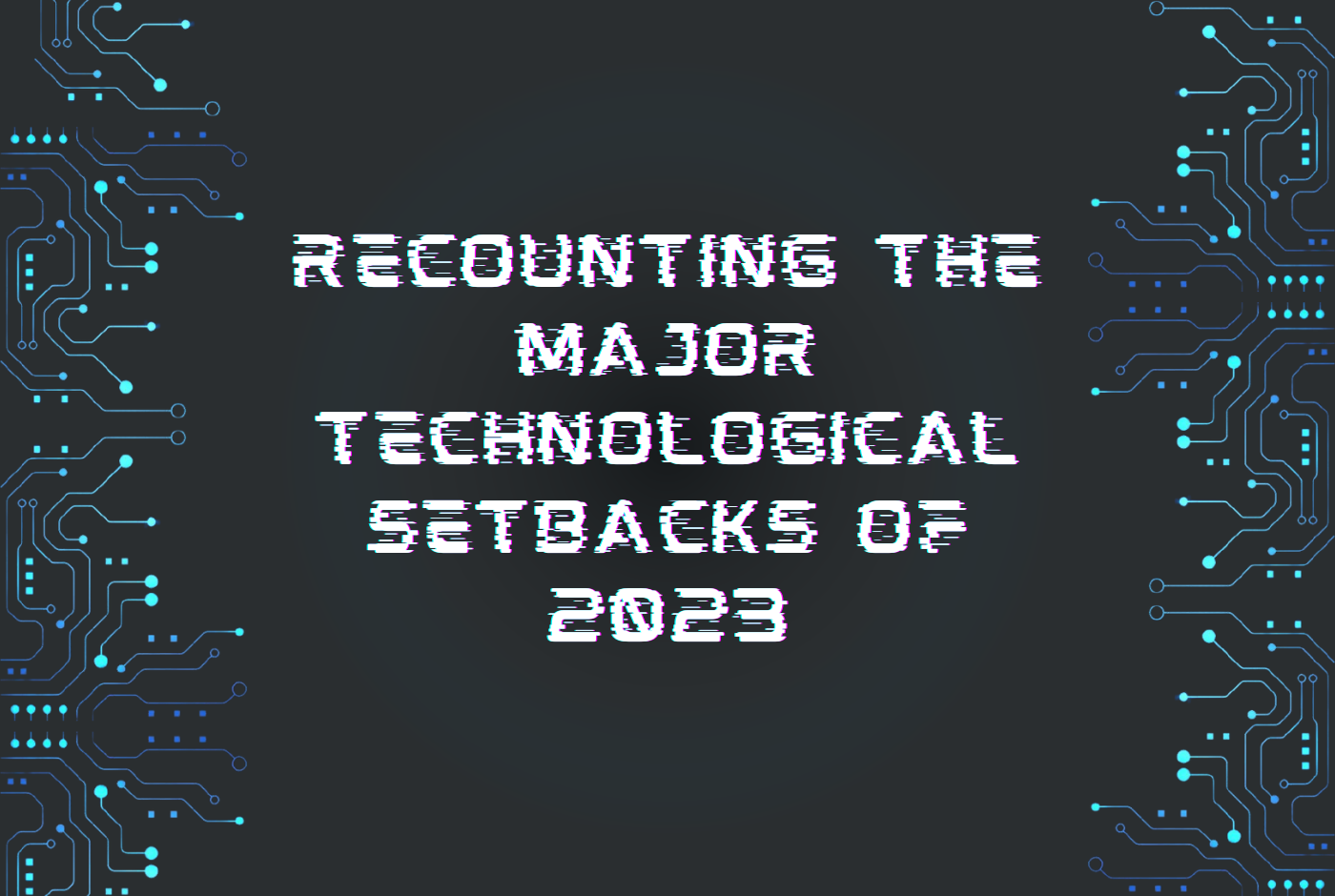The use of biometric data, with its unique combination of convenience and security, has seen exponential growth worldwide, including in India. While the integration of technologies like facial recognition, fingerprint scanning, and iris recognition has streamlined various services, it has also brought forth significant legal and privacy concerns. This post explores these challenges, emphasizing a global perspective while highlighting specific issues relevant to India.
Global Surge in Biometric Usage and Indian Scenario The global adoption of biometric technology has been rapid and widespread, revolutionizing sectors from security to personal device access. This surge is driven by an increasing emphasis on enhanced security measures and the convenience offered by biometric systems. Biometrics, leveraging unique personal attributes like fingerprints, facial recognition and iris scans, are now integral to various technologies, including smartphones, banking, and border control systems.
In India, this global trend is reflected and amplified by its own unique initiatives, notably the Aadhaar program. Aadhaar, the world’s largest biometric ID system, has been a cornerstone in India’s digital infrastructure, linking biometric data with essential services and subsidies. It exemplifies India's commitment to leveraging technology for governance and societal benefits. However, alongside its achievements, Aadhaar has also spotlighted the challenges and concerns paralleling the global discourse on biometrics particularly in terms of privacy, data security and ethical use. The implementation of Aadhaar has brought to the forefront critical questions about the balance between technological advancements and the protection of individual rights, mirroring a global conundrum in the age of digital identity and security.





